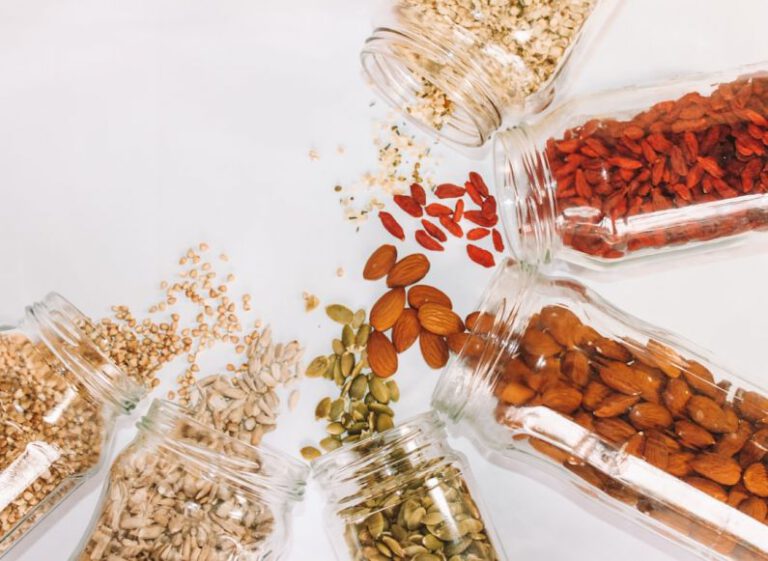Post-workout Nutrition: What to Eat for Recovery
After an intense workout session, your body needs proper nourishment to recover and rebuild muscle tissue. The food choices you make post-workout play a crucial role in replenishing energy stores and promoting muscle repair. Understanding what to eat for optimal recovery can help maximize the benefits of your exercise routine. Here are some essential guidelines for post-workout nutrition to support your fitness goals.
The Importance of Post-Workout Nutrition
Post-workout nutrition is vital for replenishing glycogen stores, reducing muscle protein breakdown, and enhancing muscle protein synthesis. When you exercise, especially if it is high-intensity or strength training, your muscles undergo stress and damage. Consuming the right nutrients after a workout can help repair this damage, promote muscle growth, and improve overall performance.
Protein-Rich Foods for Muscle Repair
Protein is a critical component of post-workout nutrition as it provides the necessary building blocks for muscle repair and growth. Consuming protein-rich foods after a workout can help speed up recovery and enhance muscle protein synthesis. Opt for lean sources of protein such as chicken, turkey, fish, tofu, beans, or lentils. Aim to include around 20-30 grams of protein in your post-workout meal to support muscle recovery.
Carbohydrates for Glycogen Replenishment
Carbohydrates are essential for replenishing glycogen stores, which are depleted during exercise. Including carbohydrates in your post-workout meal helps restore energy levels and promote recovery. Choose complex carbohydrates like whole grains, fruits, and vegetables, as they provide a steady release of energy and contain essential vitamins and minerals. Aim to consume a combination of protein and carbohydrates in a 3:1 ratio for optimal recovery.
Healthy Fats for Nutrient Absorption
Incorporating healthy fats into your post-workout meal can help improve nutrient absorption and support overall health. Foods rich in omega-3 fatty acids, such as salmon, walnuts, and flaxseeds, have anti-inflammatory properties that can aid in recovery and reduce muscle soreness. Including a small amount of healthy fats in your post-workout meal can also help keep you feeling full and satisfied.
Hydration for Recovery and Performance
Hydration is key to optimal recovery and performance. During exercise, you lose fluids through sweat, and it is essential to replenish these losses post-workout. Drinking water helps regulate body temperature, transport nutrients to cells, and remove waste products from the body. Aim to drink water throughout the day and especially after a workout to support hydration and recovery.
Timing of Post-Workout Nutrition
The timing of your post-workout meal is crucial for maximizing recovery and performance. Aim to consume a meal or snack containing protein and carbohydrates within 30 minutes to an hour after your workout. This window of time, known as the “anabolic window,” is when your body is most receptive to nutrients for muscle repair and growth. Eating a well-balanced meal shortly after exercise can help optimize recovery and enhance performance.
Listen to Your Body
Ultimately, the best post-workout nutrition plan is one that aligns with your individual needs and preferences. Pay attention to how different foods make you feel after a workout and adjust your post-exercise meals accordingly. Experiment with various food combinations to find what works best for your body and supports your fitness goals.
Incorporating nutrient-dense foods that provide a balance of protein, carbohydrates, healthy fats, and hydration can help enhance recovery, promote muscle growth, and improve overall performance. By prioritizing post-workout nutrition, you can support your body’s recovery process and take your fitness journey to the next level. Remember, proper nourishment after exercise is just as important as the workout itself in achieving your fitness goals.






